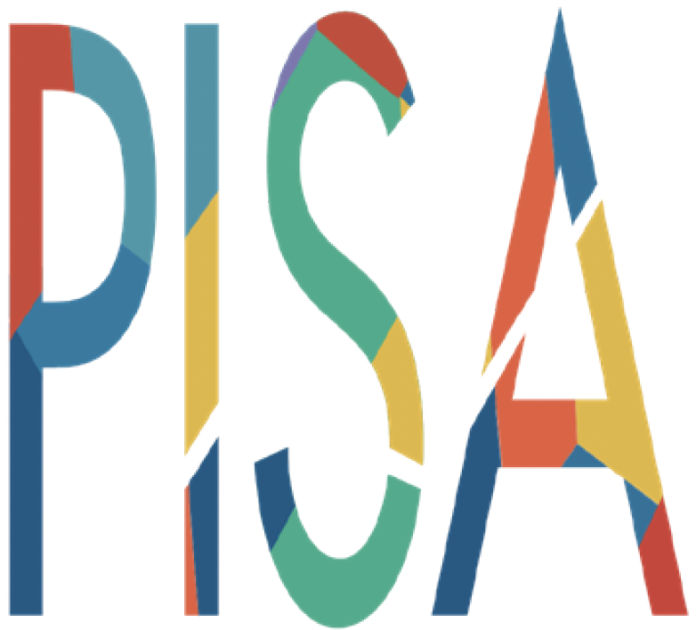In 2025 the OECD is launching its Foreign Language Assessment (FLA) as part of its famous suite of PISA tests. Designed by Cambridge University Press and Assessment, the test will give us a reliable global picture of the levels of English in schools. Cambridge’s Director of Education Transformation and Impact, Dr Hanan Khalifa, explains its importance.
HK The PISA FLA is an incredibly significant and groundbreaking project, which will provide the comparative data that is needed about how English is actually taught in schools around the world.
The full scope of the study has not yet been published, but as with the other well-established elements of PISA, it will cover a wide range of factors which affect educational outcomes. Along with the English assessment, there will also be questionnaires sent to teachers, students, schools, and parents to help paint a really rich picture of English teaching.
The questionnaire for students. For instance, will cover background information about the students themselves: their attitudes, homes, and experiences. This in will provide added richness to the analysis of the students’ performance and hopes to highlight what might work better for each student according to their characteristics.
Q There is likely to be a huge variation in language levels, from A1 to C1, can one test encompass them?
HK We have designed a test which covers the full range of levels up to C1, a test that is optimised for this purpose.
The reading and listening tests employ a multi-stage adaptive design, meaning that students’ performances in initial sections of the test determine, in part, the final assignment.
Speaking is non-adaptive; the characteristics of the spoken output will determine the proficiency level. All speaking tasks are designed both to be accessible to lower-level students and to provide appropriate opportunities for higher-level students to demonstrate their ability. The context is very different from a test like IELTS, which has been designed to meet the very specific set of requirements needed to help people use English for work, study, or migration, and it is also different from single-level tests, such as Cambridge First,
Q Why have three skills instead of all four? Could this is any way skew the results?
HK Due to practical and logistical constraints, the 2025 cycle will focus on reception (reading and listening comprehension) and production (speaking). The additional demands of testing writing, given the high numbers of PISA test takers, means it would not be feasible at this stage. The Programme intends to explore the assessment of the remaining modes of communication in future iterations of the FLA.
Also it is important to note that this isn’t a competition. The … focus is on identifying factors which contribute to successful language learning within and across countries. For this reason, it should not be thought of as a ‘league table;’ it’s much more than that. Nevertheless the OECD has a tried and tested methodology for ensuring that the outcomes of the tests do facilitate robust, meaningful comparison
Q Is it computer marked?
HK The reading and listening tests include only multiple-choice and matching question types, both of which can be automatically marked. The speaking responses will be recorded and centrally marked by expert Cambridge examiners.
Q You have just completed a pilot test, what did you find?
HK The pilot was a proof of concept and validation of the testing methodology, rather than a mini study. For example, we looked at the feasibility of the tests in terms of design, accessibility, technology, and practicalities. This is the first time that PISA includes an assessment of listening and speaking, and the main conclusion of the pilot was that the data collection worked. It also confirmed the need to have the students sitting the listening and speaking parts together in a separate room, to not disturb the students taking the regular PISA tests. We were delighted that the test worked as expected, confirming the 2025 FLA is feasible.
Q What questions can the tests answer?
HK We’re not trying to second guess the results of the study, but there is one big question. What works?
To unpack this, it is important to look at the bigger picture. At Cambridge we work with schools all over the world and we see fantastic English teaching practices and strategies that get amazing results.
However, without large-scale comparative data on how English is taught and learnt in schools, it’s difficult to know where to focus resources. Should it be on teacher training? Curriculum development? Or on encouraging children to learn English as early as possible? This is why we’re so excited about the results of the PISA FLA as it will answer these questions and many more.

Dr Hanan Khalifa is Director of Education Transformation and Impact, at Cambridge University Press and Assessment.





